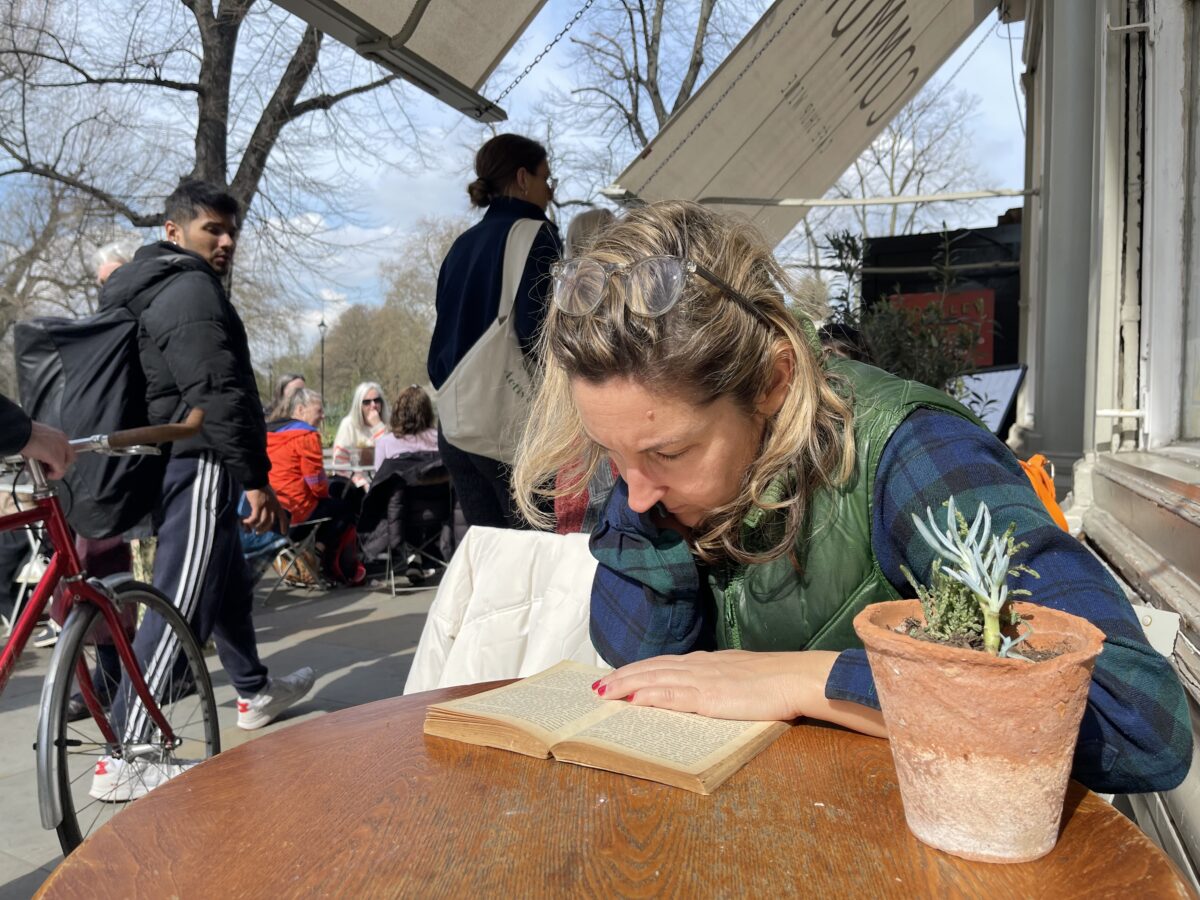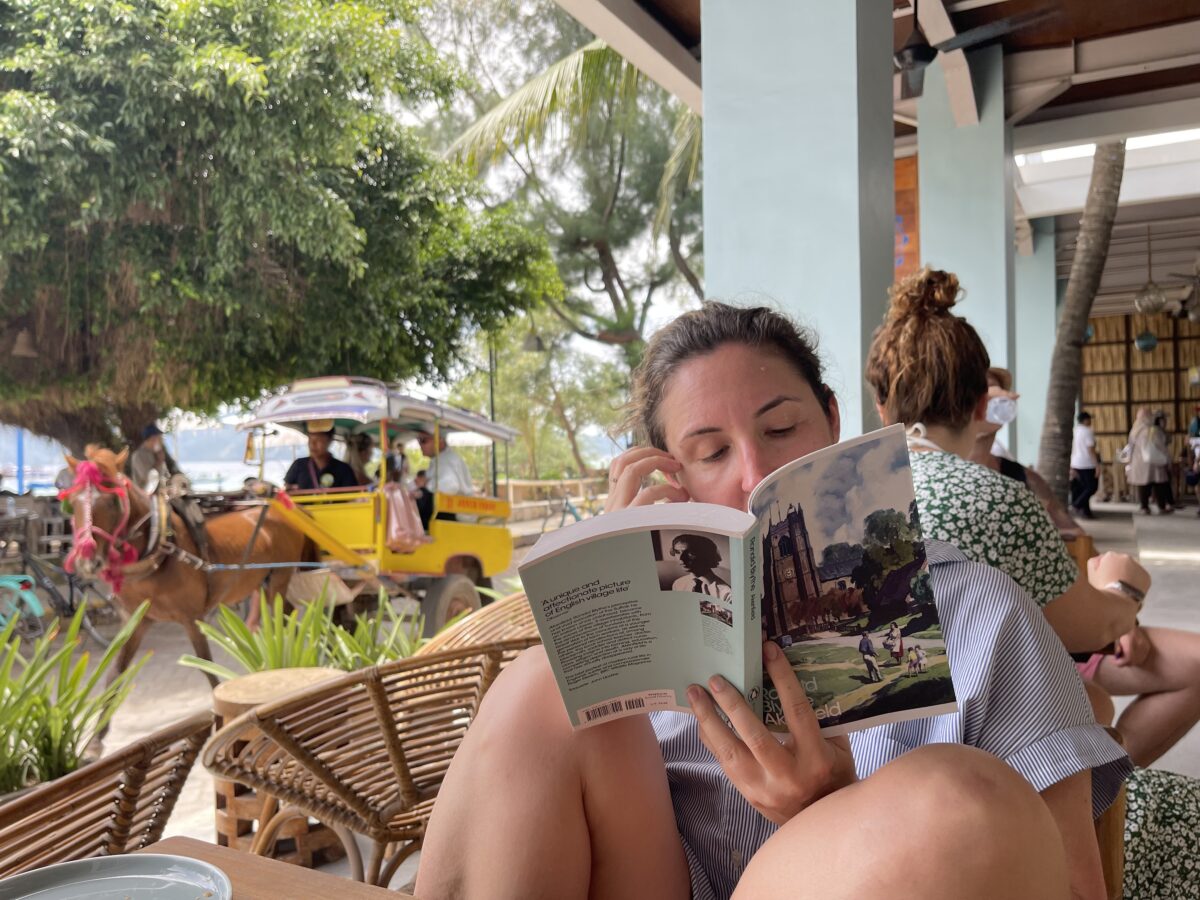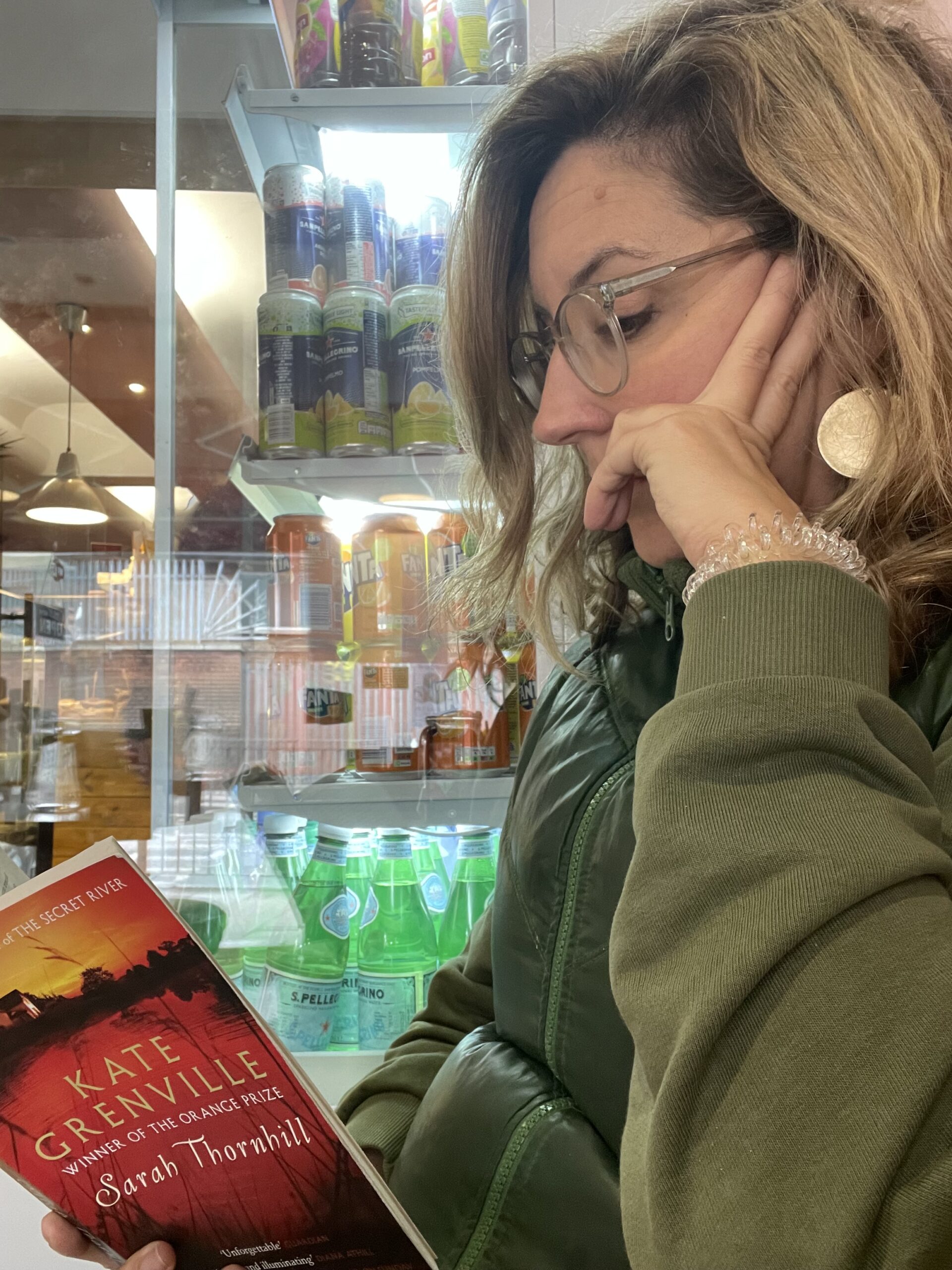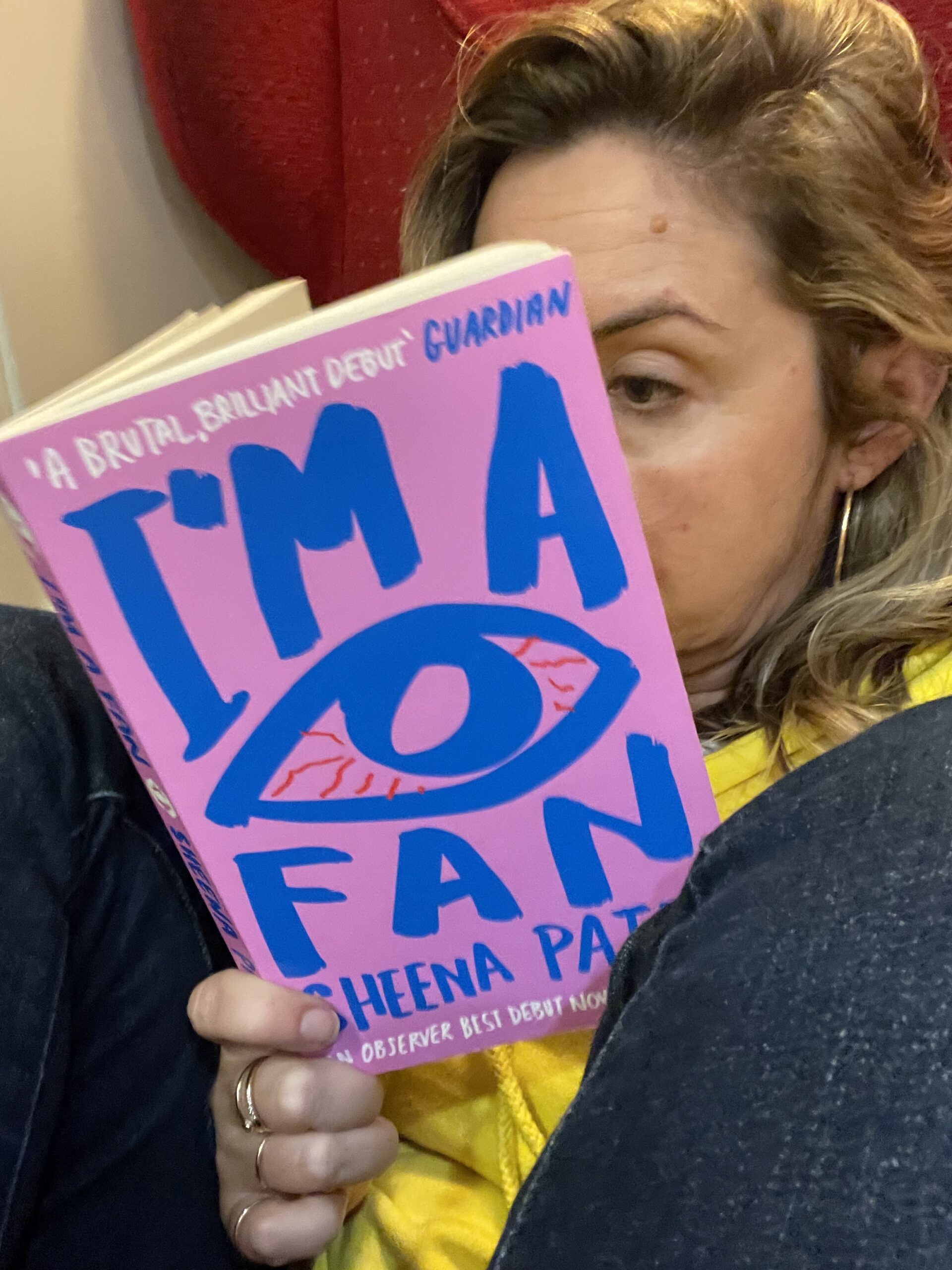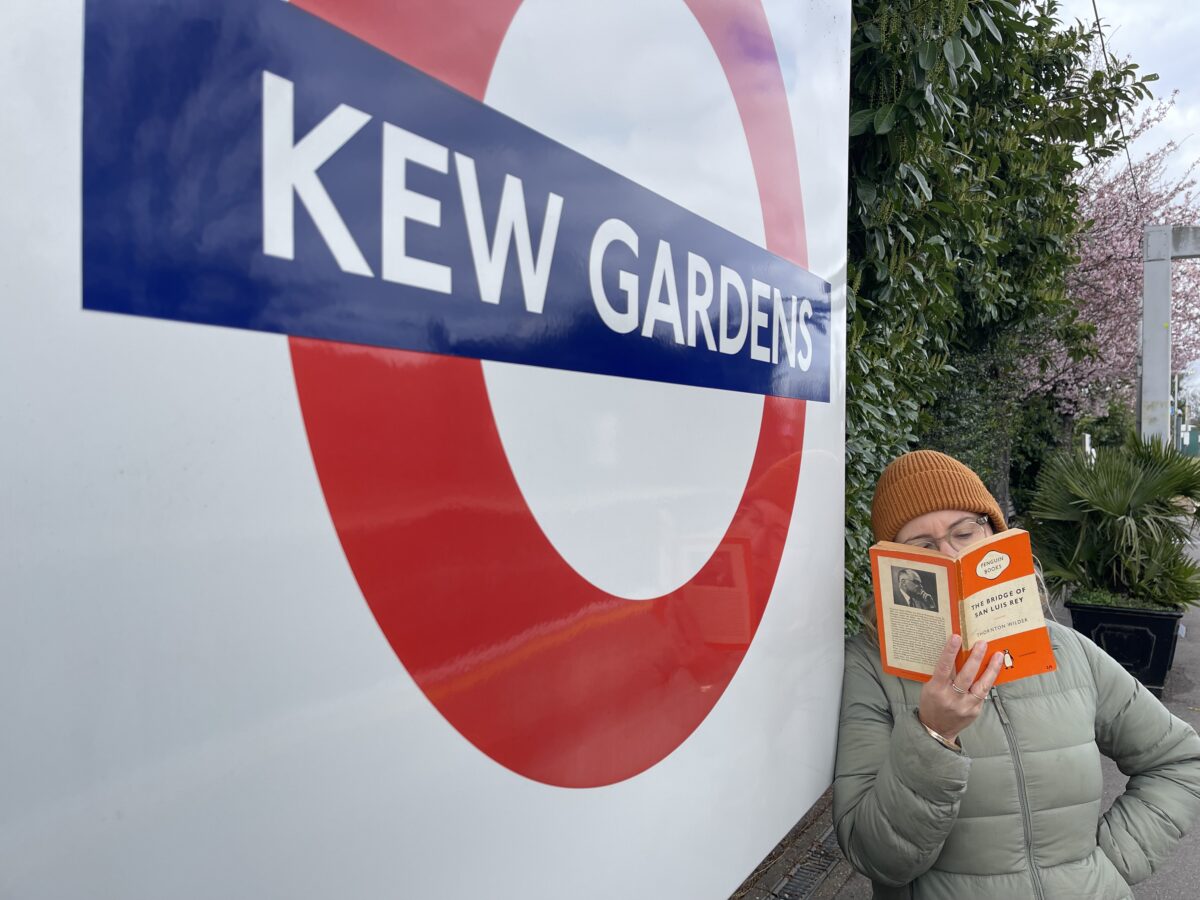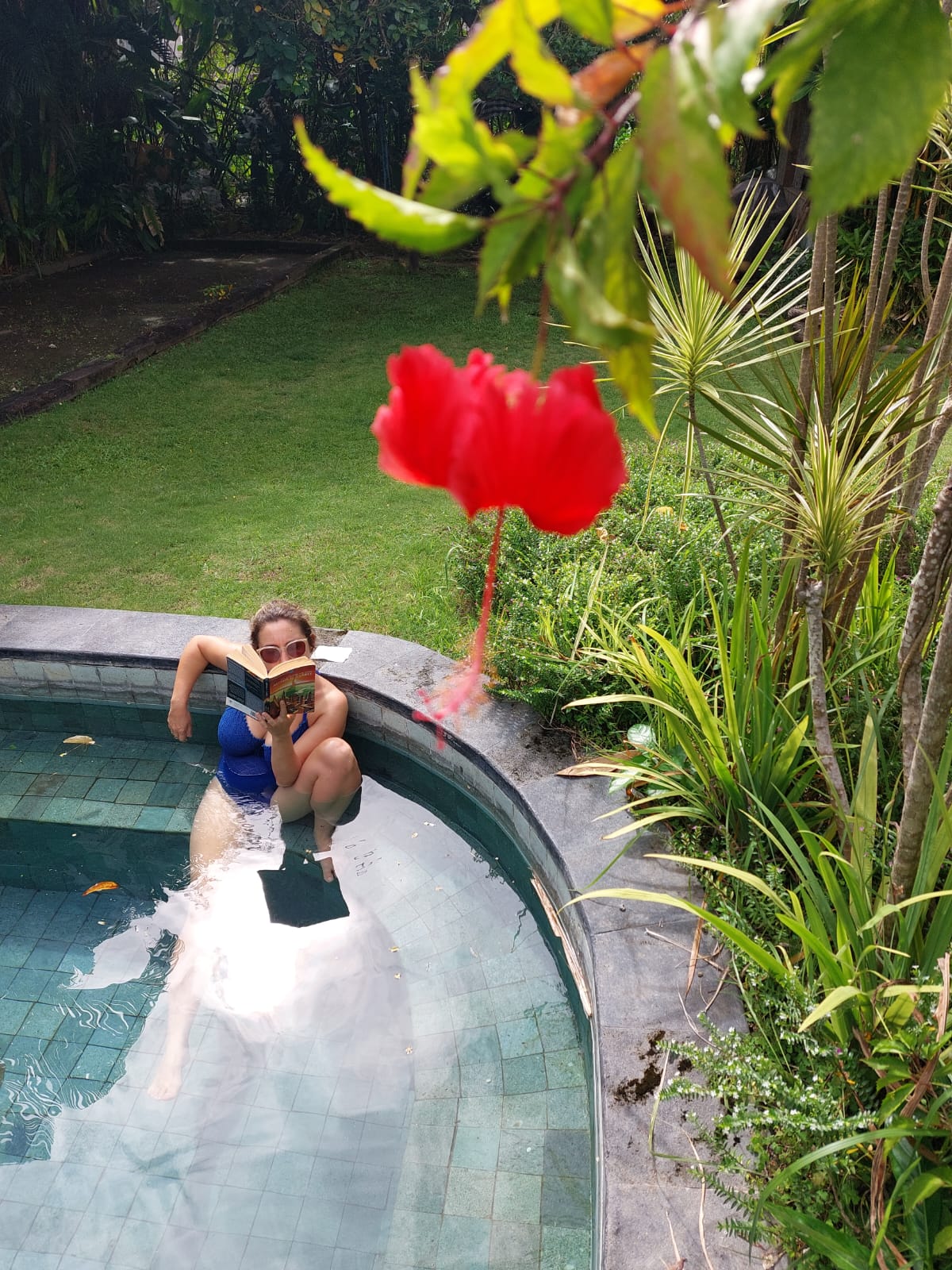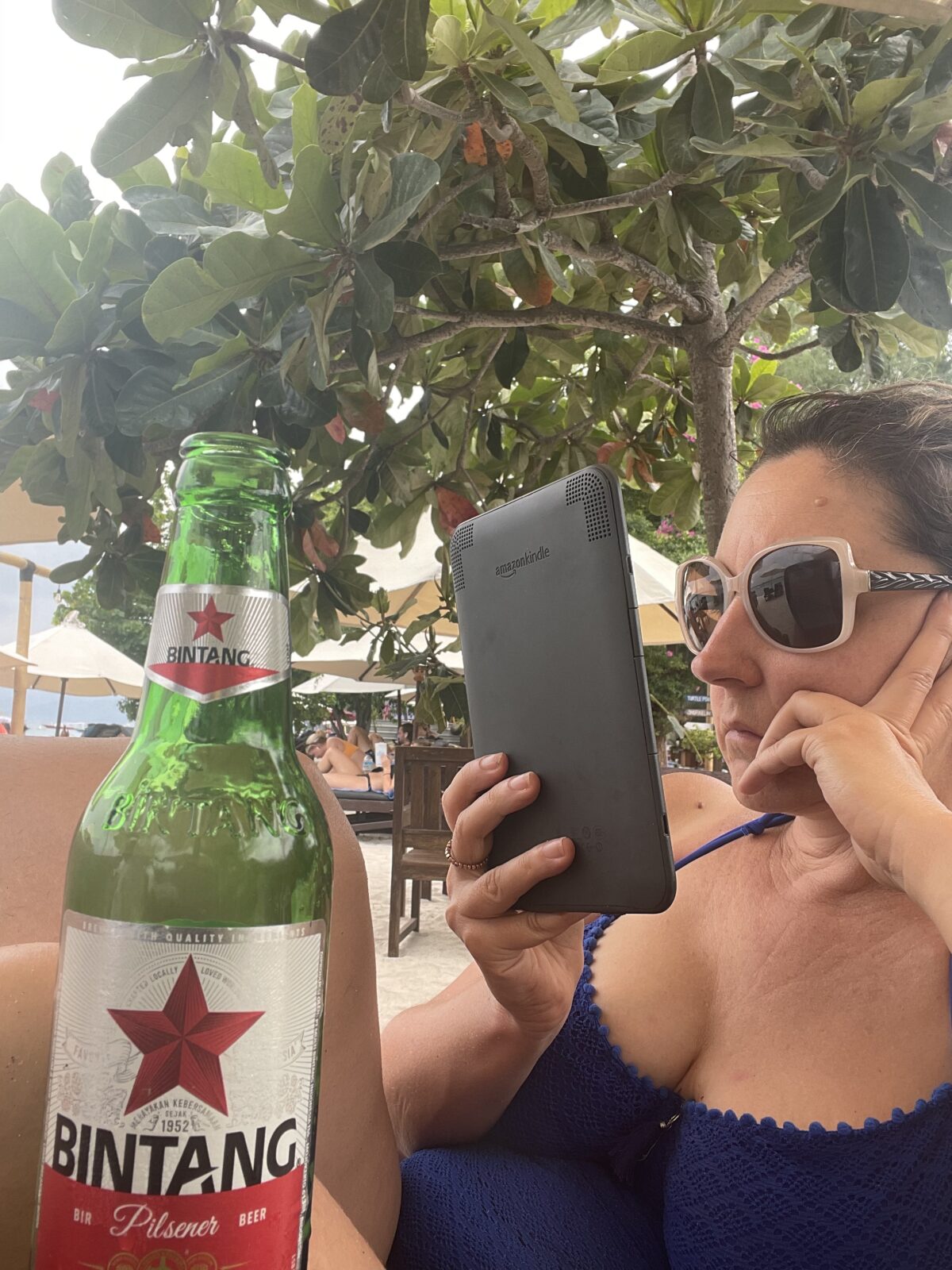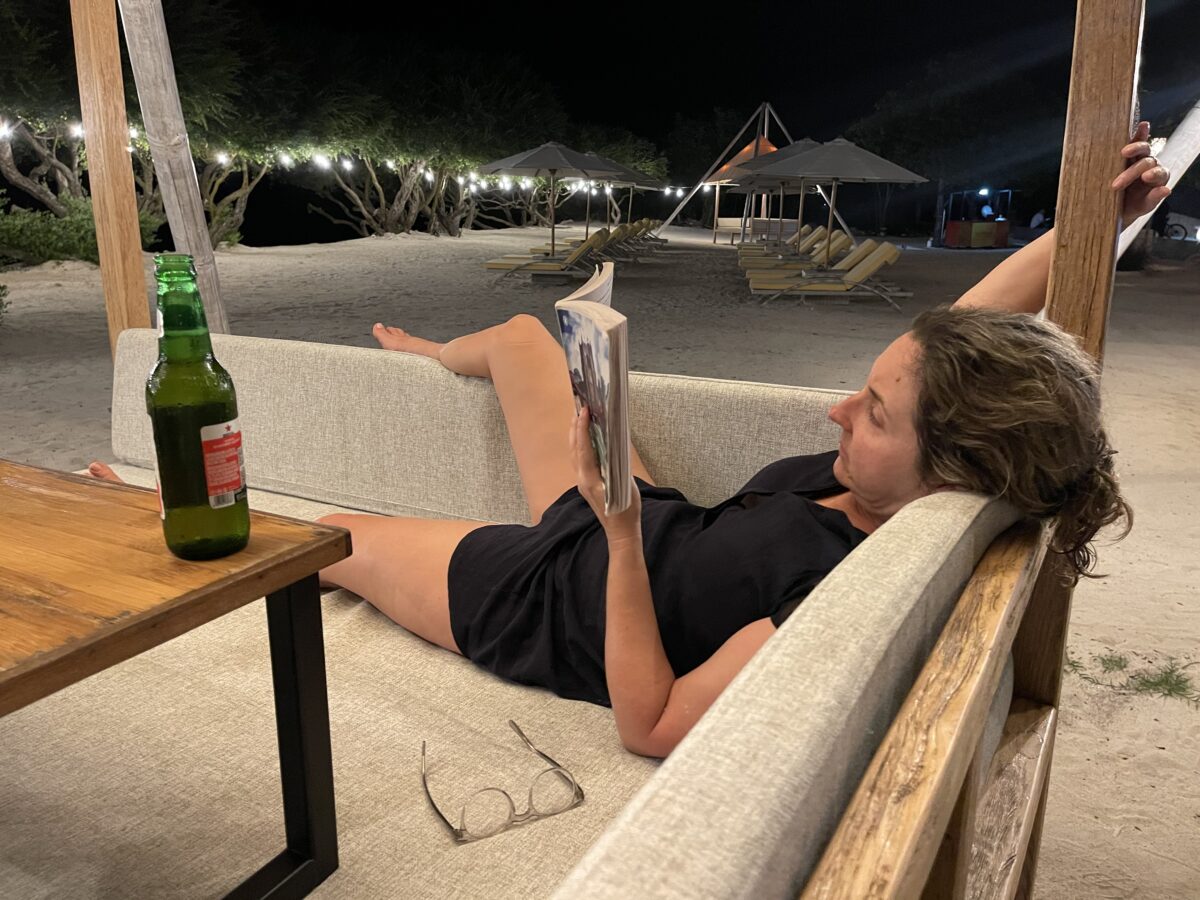A brilliantly weird effort to capture the entire life, top to bottom, of an English village. Written from interviews made in the twentieth century, and lightly fictionalized, it focuses on their memory of life in the nineteenth, and captures the collapse of a certain rural way of being.
That collapse was no bad thing, because let me tell you, these people WORKED. Here we learn that it was not the Industrial Revolution that created exploitation. Agricultural laborers had four hours off a week, 10-2 on Sunday (i.e., just enough time to go to church). As one man, the grandson of a laborer puts it:
They bought their life’s strength for as little as they could. They wore use out without a thought because, with the big families, there was a continuous supply of labour
There is a kind of tragic over-emphasis on the quality of work, with people taking what seems to us now a really bizarre amount of pride in their work, because as another worker says:
A straight furrow was all that a man was left with
Apparently it was a very silent world, though “Television is now breaking down their silences. They are getting accustomed to the idea of dialogue”
It is perhaps no surprise that given half a chance, lots of people fled. I was stunned to learn that from from 1871, 700,000 British left for the colonies, and “It was the not the idlest and wastrels who sailed,” leaving lots of land effectively empty. As a child of the former colonies I am very familiar with what it was like for those who left, but I never thought about what it was for those who stayed.
It captures a world so small it can only boggle the mind:
Pub men stayed loyal to one pub for maybe the whole of their lives. . . now they will drive down to Southend or Clacton and let off steam
I also learnt more than I ever wanted to about agriculture in Suffolk. For example, East Anglia had 17 different types of apples (WHY?), all harvested at different times. And that sheep used to be managed by having their tails cut off with a hot iron and “the balls nicked out with the shepherd’s teeth. He ate well that day.”
I enjoyed all this interesting-slash-disgusting agricultural information, but even more I enjoyed a window into many individuals lives. One guy goes to London briefly and works in the railway:
There is a place in Broad Street Station where you can stare through the arches and see the stars, an and they were the only things I can remember seeing in London. That is the truth.
Ronald Blythe left school at 14 and taught himself from public libraries and it shows. It’s a wildly ambitious, beautiful book. I could go on and on, and be grateful you were not with me while I was reading it, because I did go on and on. I’d love to read it for lots of different communities. I can only imagine how interesting it would be if you took a single street of vendors in Harare, for example, or a Convent in HoChiMinh City.

